GDC 2024: Indies from Around the World to Your Xbox
[ad_1]
GDC is an exciting time on gamers’ calendars, when the collective knowledge of the game industry comes together to share ideas, reveal upcoming projects, and engage with players and creators. It’s also a great time to see what some of the world’s most talented indie game developers are working on.
The ID@Xbox Showcase returned to GDC this week and hosted 10 game creators and their upcoming projects from seven different countries — all of which are in development for Xbox players to enjoy.
Xbox Wire had a chance to talk with game creators behind the upcoming Sopa (Colombia), The Sinking City 2 (Ukraine), Sonzai (India), and Go-Go Town (Australia) to learn more about these games and the people who make them, far from the more established indie game development scenes like Japan and the United States.
What’s the Indie Game Development Scene Like in Your Country?
Studio Bando Creative Director & CEO Juan Castañeda: Colombia is booming and there’s a lot of great and super talented studios. There’s also a Colombian Video Game Association. The studios have some of the most established, talented, and super experienced people that I think people should hear more about because a lot of them have experience of working on a lot of projects.
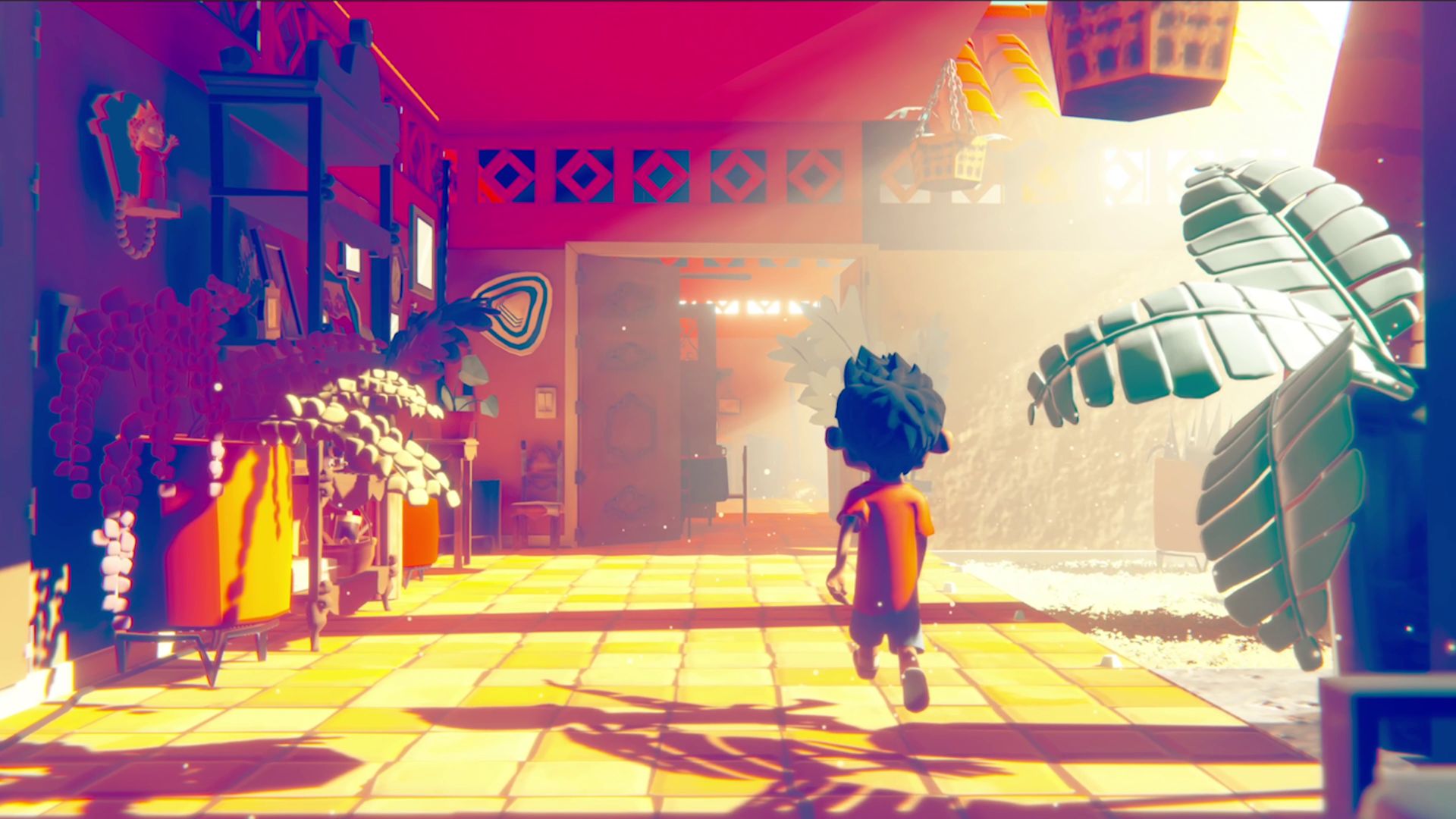
All that accumulative knowledge [is starting] to really crystallize to the point where they can really deliver these awesome projects.
Now in terms of our experience, I think it’s been a little bit different because most of my experience, even though I’m from Colombia, I’ve been working in the US. I moved back to Colombia, and we started connecting with the folks there. And as things started working out, that’s how the team started growing. We started involving more Colombians, so it was all very organic.
Prideful Sloth Creative Director Cheryl Vance: Coming from Australia, it’s amazing. I think we’ve managed to, as a country, build up quite a reputation internationally for being really good with indie development. So, it’s great, it’s flourishing and there’s so many fantastic games coming out of the country.
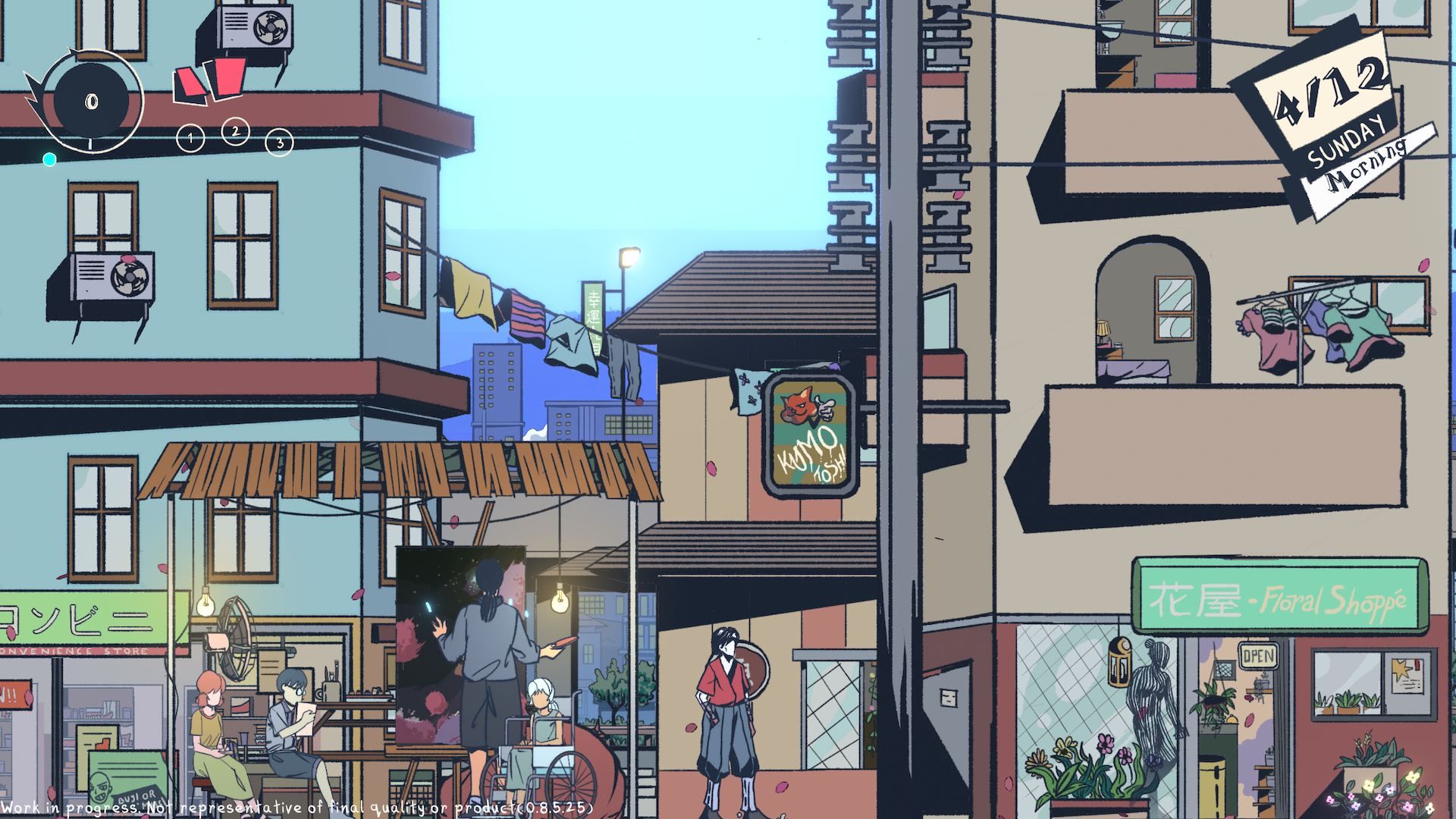
Sonzai Executive Producer Andy Andi Han: The best way to describe the indie gaming scene [in India] is “isolated.” This creates a situation where a lot of young and upcoming aspiring developers have second thoughts, never have the opportunity, or are simply driven away from the indie scene in the first place… There are more factors in play here, such as the infamous social pressure to go for more standard jobs or simply the fact that we have multiple spoken languages all over India, so finding a group of passionate indie developers is fairly hard.
All that said, I have seen a handful of indie games pop up from India in the last decade. This should pave the way for future projects, indie or otherwise. I do believe India has extremely talented artists whose creative visions are worth investing in. Hopefully, very soon, we will see some of that potential being realized.
Frogwares PR Manager Paul Milewski: The indie gaming scene in Ukraine is maybe not in its infancy, but it’s still taking those first steps. The country is getting to a point now where they are starting to get recognition from around the world. Unfortunately, the situation with the war happened. But one of the, you could say silver linings, is that there’s a lot [more] attention on the country than previously. And so more people are starting to look at what has been going on there.
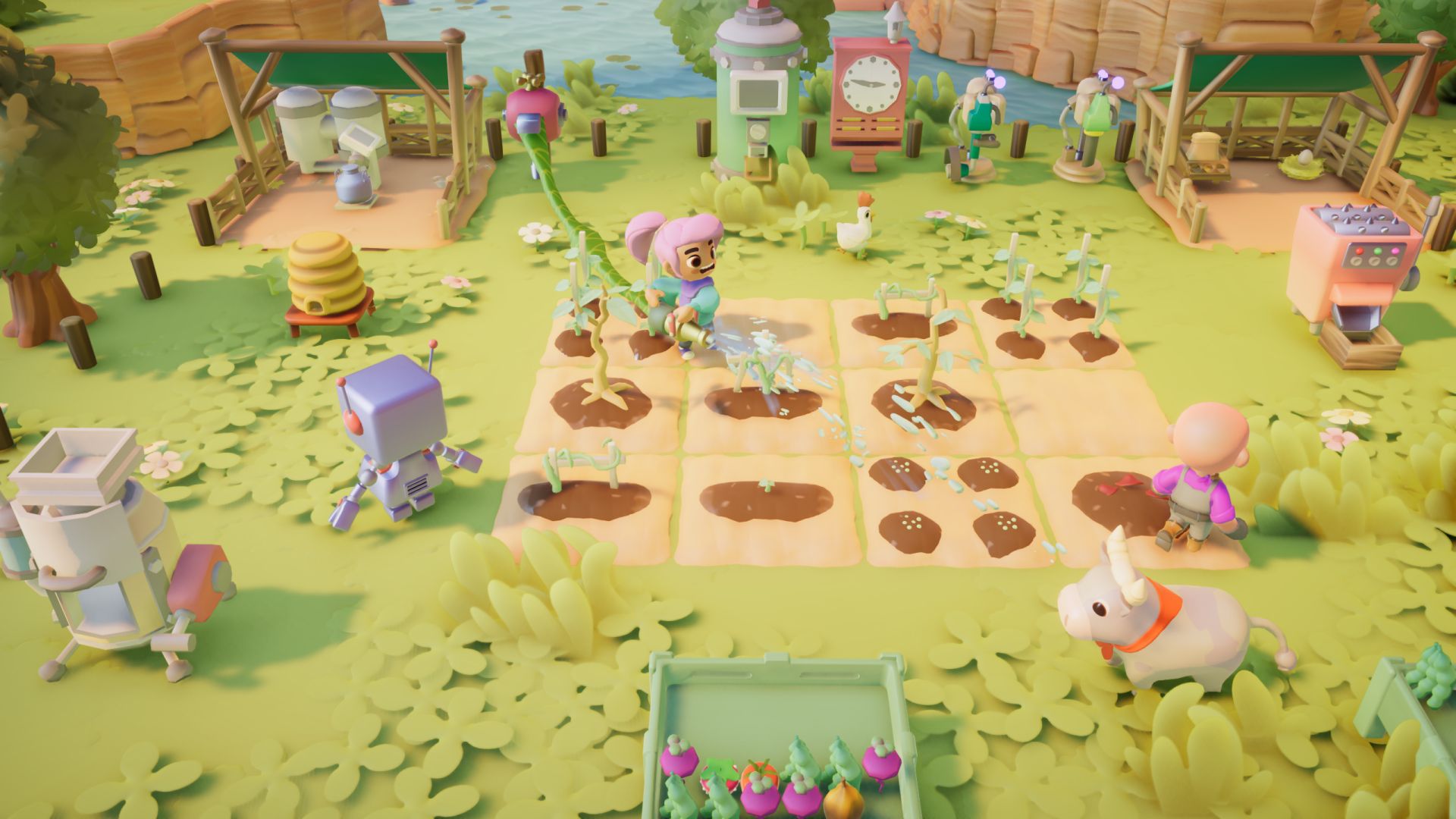
They have had a flourishing tech scene for decades now. But it was very, very isolated. They were looking to the West to get ideas and now they’re starting to come up with their own stuff. Now the West is looking at them, seeing what they’re starting to create. So, I think right now, there’s this moment of hope that this attention will amount into something… The more games that break out in Ukraine, the more it inspires the next generations to follow to get into it.
How is This Game a Unique Journey (From Other Projects)?
Juan Castañeda: Sopa is the most passionate project ever in my entire career, probably in my entire life, and I feel that the whole team behind the project feels the same way. And so, we are approaching it differently. Being able to transmit and convey what we set out to do to represent the things that we set out to do. And making sure that that it’s accessible and that we’re able to find that audience to have a fun experience — but also an emotional one. But also, it is just how much we’ve had to fight to get this far. How committed we must be and the sacrifices that we’ve had to make. And that comes back again to just believing in the project.
Cheryl Vance: As a studio, we worked on titles like Batman: Arkham and Devil May Cry, and here we are now making cozy games. So, I’d say that’s pretty much a complete opposite change of what we used to do. We just wanted to focus on something different. All of us were kind of like, “We’ve done combat for a while now; let’s not do combat.” And now here we are, and this is our third game.
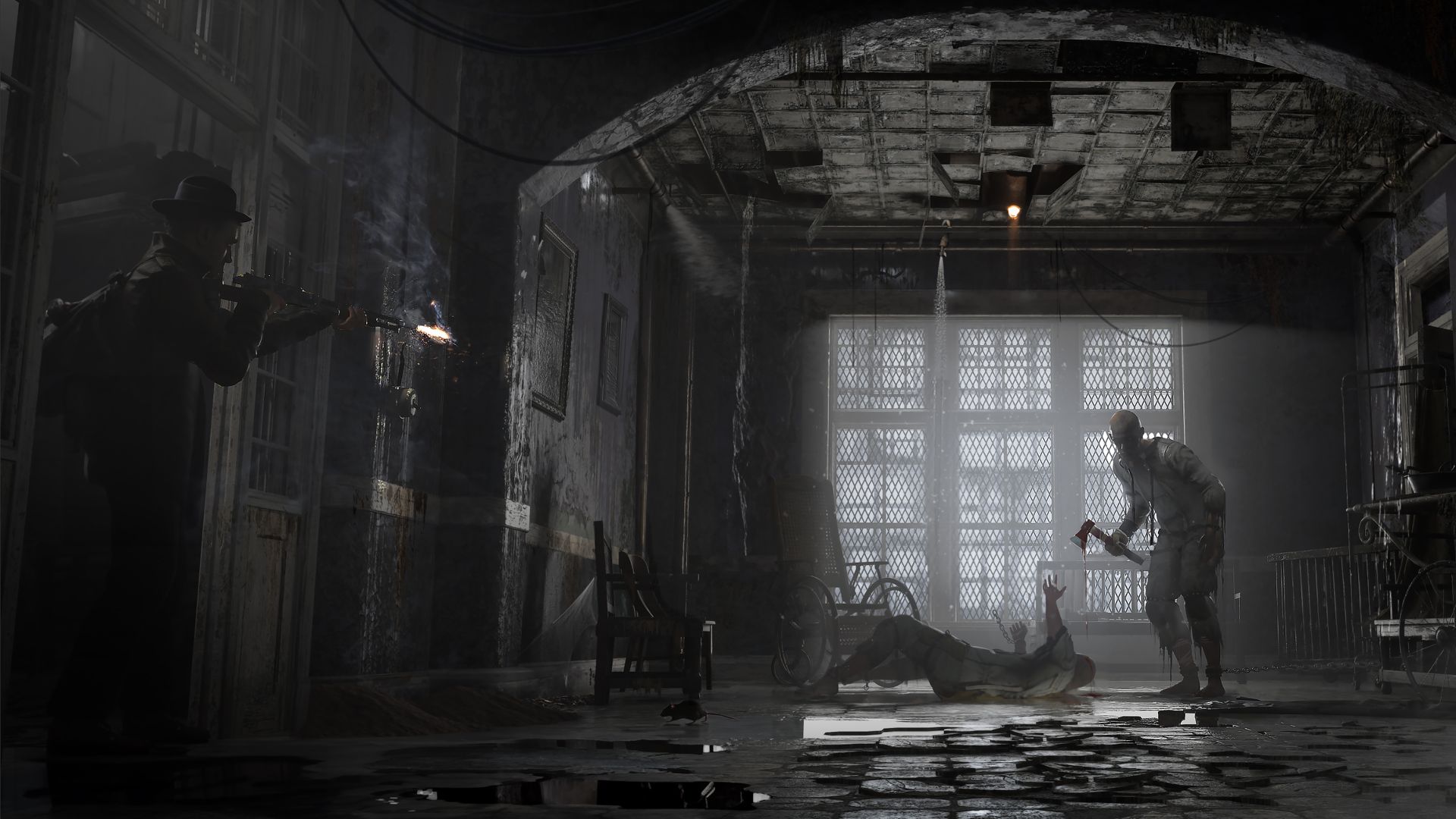
It was more just wanting to take games from the farming genre, and I wanted an experience where it was open world and could do more things, and that kind of morphed — with some feedback — into this Zelda-meets-farming thing and it’s constantly about what experiences do we want to make.
Sonzai Project Coder Ritam Ray: I have been into game development since I was 12. It started with modding my favorite games to then tinkering with game engines and making smaller games/demos. So, I have been on the indie game development journey for as long as I can remember. The biggest difference between this, and other tech jobs I had, is creative freedom. Not a very interesting answer but it’s an important distinction regardless.
Sonzai Project Artist Swapnil Karmakar: As for me, I’ve drawn for most of my conscious existence. But both my game development and animation journey started in college with a game we were developing right before Sonzai. It never saw anything near completion but taught me the challenges game development brings. I learned animation entirely through developing Sonzai. So, the biggest difference from other jobs I’ve taken on is that in a long-form project both the quality and style of my work changed, which makes it difficult to keep the entire thing cohesive. In short-form projects, this has never been an issue. But I think we’re working on something that we can be proud of here.
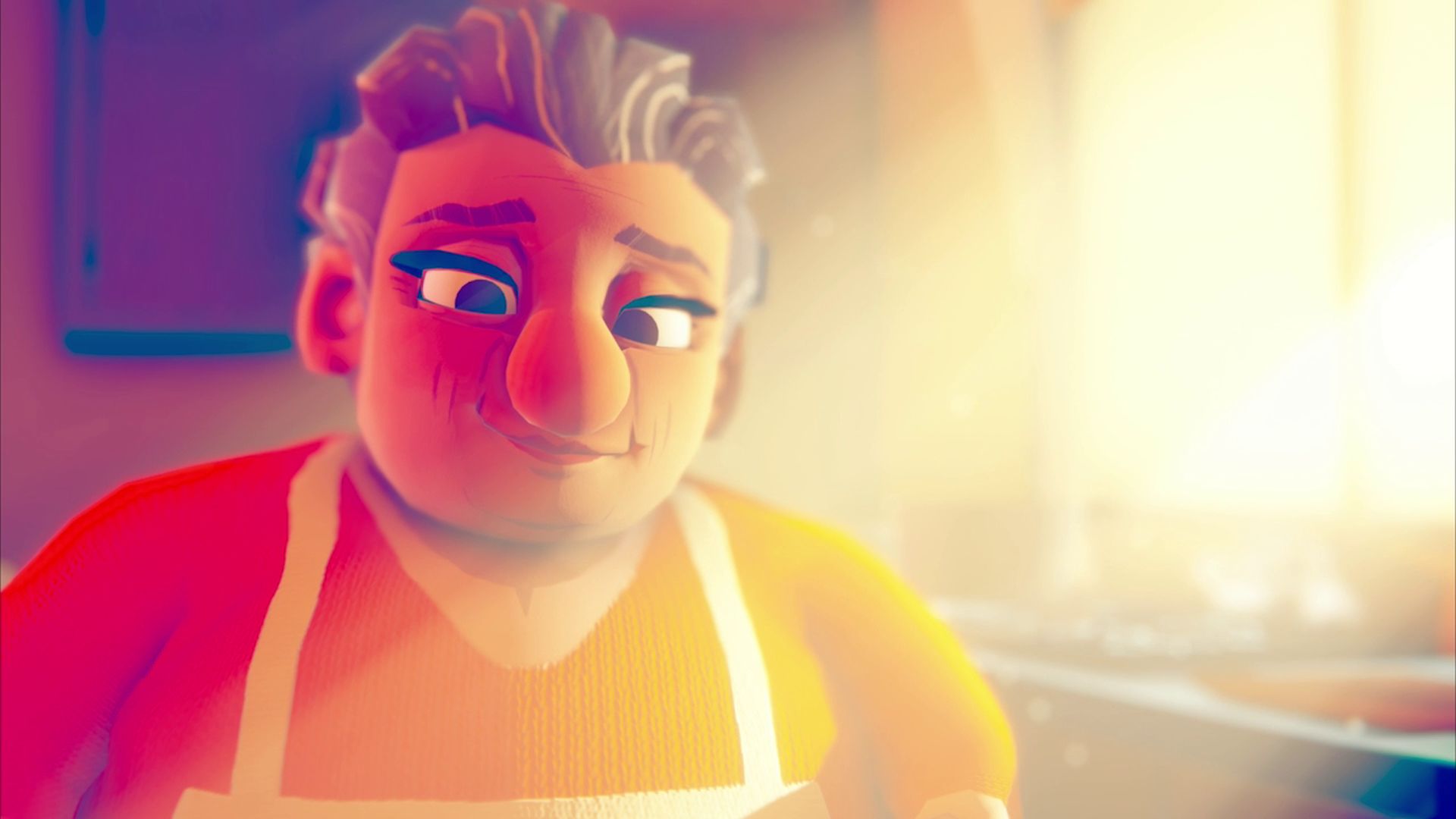
Paul Milewski: It was only up until recently that Frogwares decided they were able to go independent, and one of the first games that they released was Sherlock Holmes: The Awakening. The thing is though, that project came out of necessity. That project wasn’t really meant to happen, but then the war broke out and they needed to essentially stop what they were doing and do something that was a lot smaller; they needed to figure out if they could even produce a game under these (war) conditions, right?
Team members would drop in and out in terms of availability. Power cuts happen all the time. Air raids happen. This is essentially the team’s big test to see if everything that they have learned in the previous game can still be applied to this when you’re working on something on a bigger scale. But they’re also going a step further to make [Sinking City 2] more survival horror and keep the investigation feature as optional. So, this is also a very big step to see if they can pull this off and be able to broaden their horizons a bit.
How Does Your Game Represent Your Region?
Juan Castañeda: We tried to represent even the mundane of it as a backdrop. There are so many colorful and new and fresh things that exist in in Latin American culture that I think most people have never seen, even in projects that are set in these places. You see it in a more traditional game and then they’ll take some of the aesthetic. And that’s beautiful and wonderful. And I’m happy to see it when it happened.
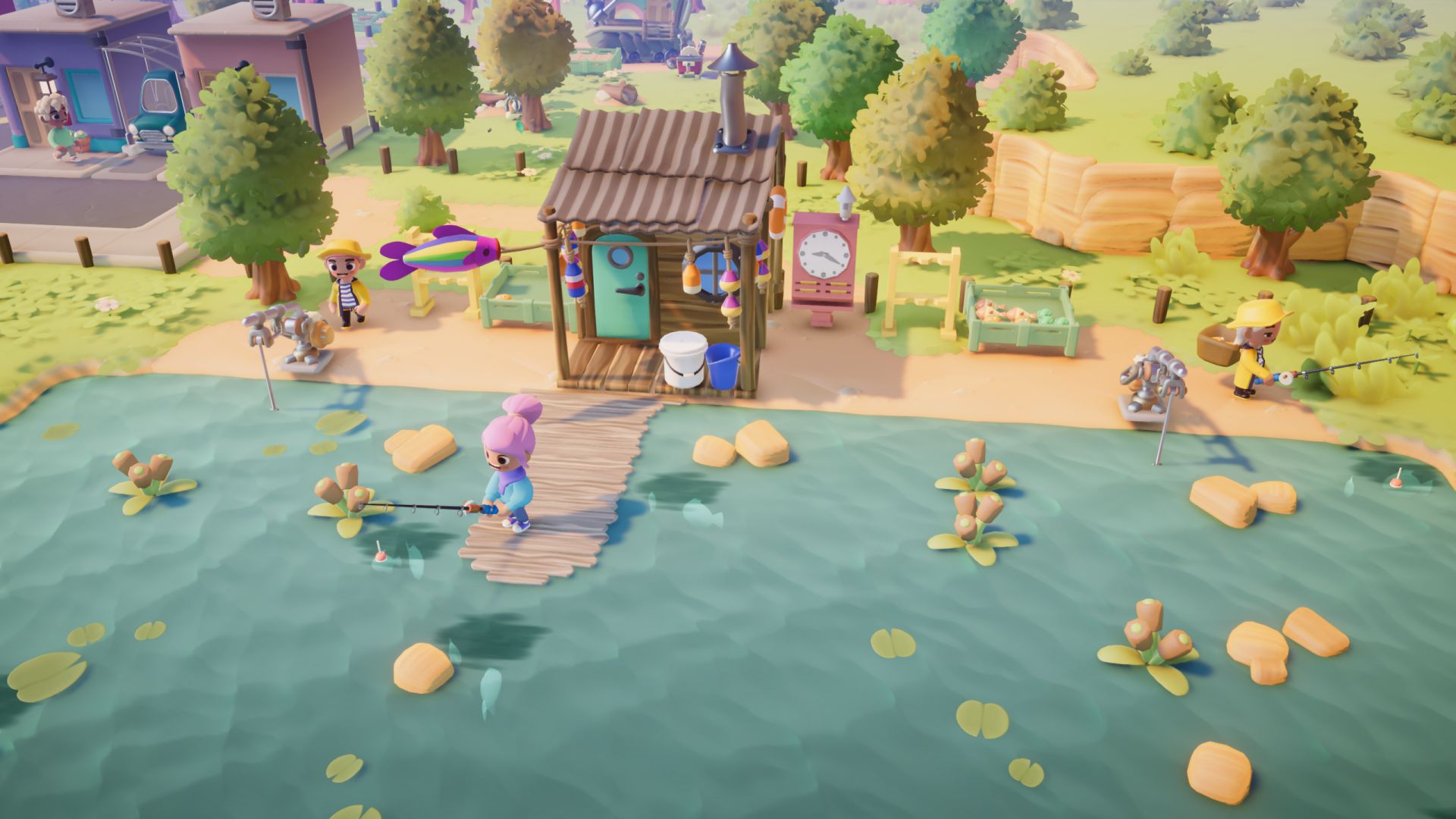
In our case, we wanted to take that a step further and really try and communicate the sensation of being there, including the mundane right? So just hanging out in your grandmother’s house and walking around and looking at the objects that she has in her house and that back and forth. Another thing that that we wanted to bring that we think is pretty refreshing is the concept of magical realism. And that’s something that’s like part of our identity in Colombia specifically.
Andy Andi Han: Sonzai is simply a game that we wanted to make. It takes a few of Ritam’s favorite things in gaming like JRPGs like the Persona series, Final Fantasy 6, and combines them with my Swapnil’s love for stylish character action games like Bayonetta and Metal Gear Rising and fuses them together.
It is truthfully hard to say how much it represents our local game development scene. However, it represents something far more fundamental, in my opinion. As long as you want to create a game and know your limits you can actually jump into indie game development.
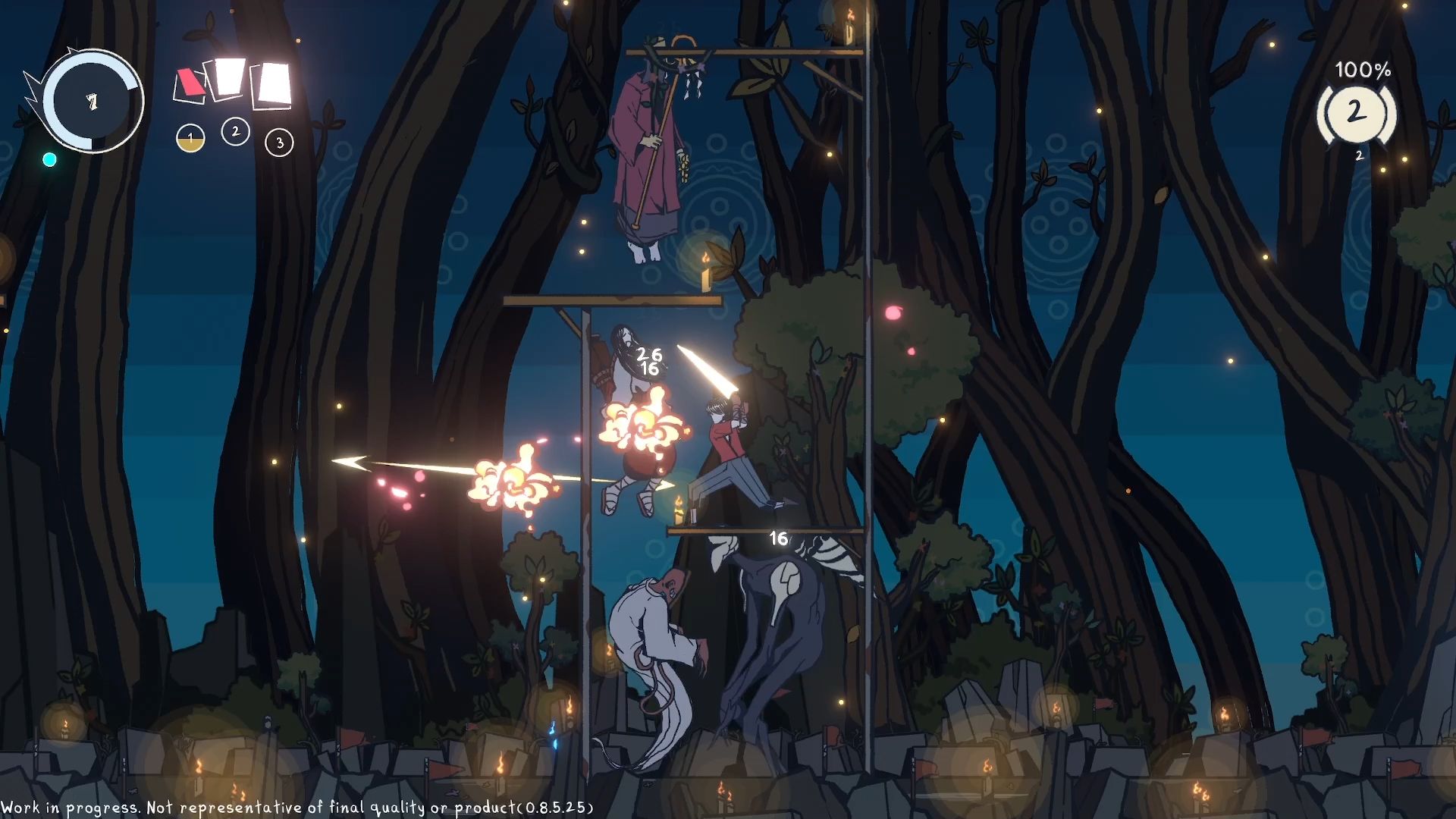
More and more players are giving the indie gaming scene the attention it deserves. Hopefully, with Sonzai, we can generate more interest in game development in our local scene. So that in the future, people will be less intimidated to do what we did. Everything starts in the grassroots, and Top Hat Studios took the time to go down to the weeds and believe great things were being done there. With support like that, it’s possible for creative projects like ours to exist, and hopefully many more in the future.
Cheryl Vance: It’s the culmination of both our experiences in the industry as well as the vibrant dev community with our peers providing feedback on our games. It’s also the government funding that’s helped us stay here and continue… Because now we have real tax incentives in our country as well too, which is fantastic. And that’s also allows us to change and do different things than we otherwise would with our money knowing that we have a bit of safety net, to try things differently than we would and that’s been fantastic for us.
Specifically with this title, what we’ve done is run play tests that we started about a year into development. We’re on our fourth one now and that’s pushed out our development timeline. But again, we have that safety net of funding to help with that. That’s a part of what’s been good about having government backing to help with those sorts of things to do that.
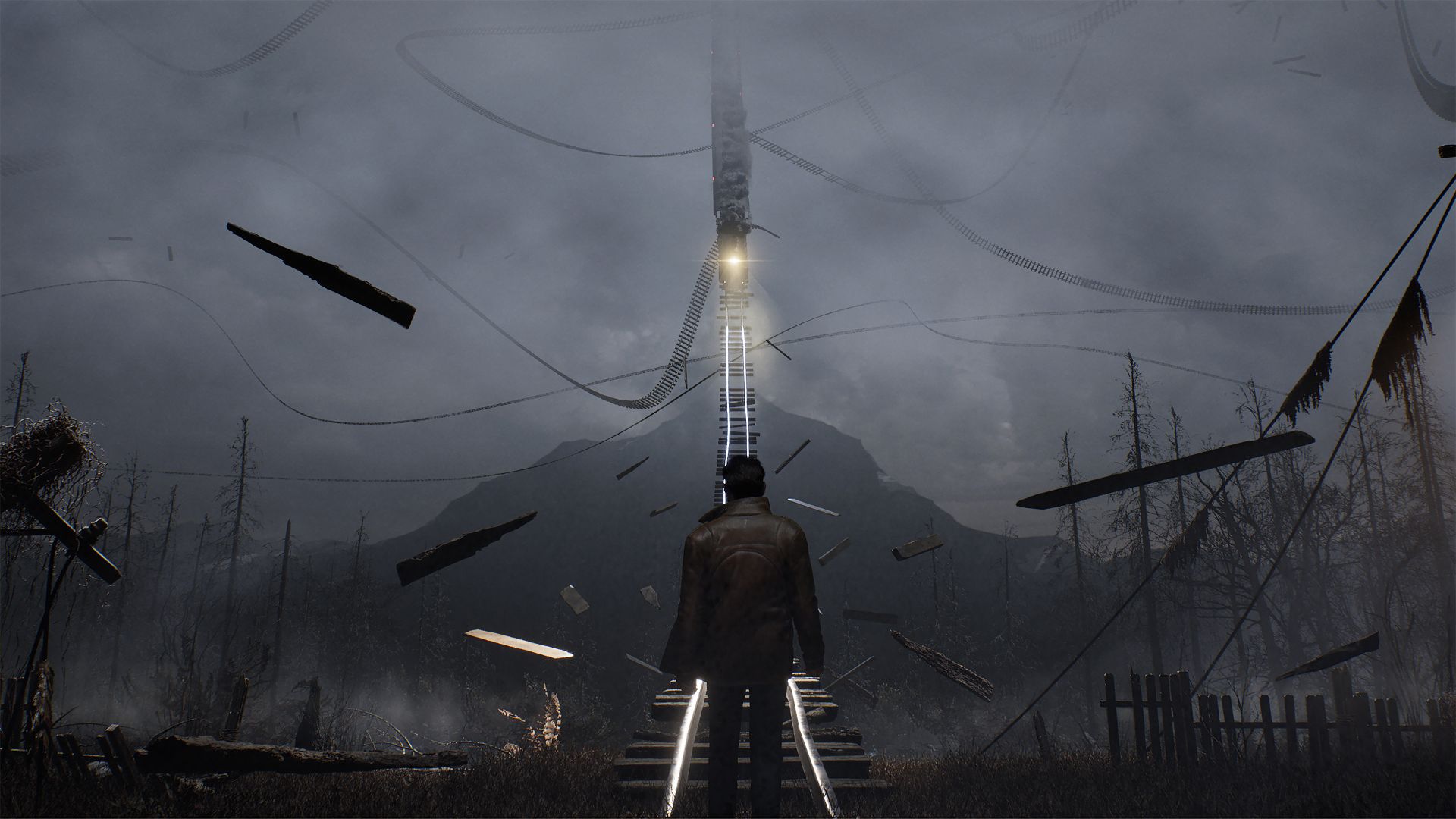
Paul Milewski: I don’t know if it’s an Eastern European thing or just if it’s more question of like upbringing, but you can also look at it, sort of how it was in Poland and how it is in Ukraine. There’s something about the way that these companies write their stories. It’s not very black and white, right? Maybe you could argue that Western audience always wants the good guy, always the bad guy. You know, it’s very clean cut.
With stories that are coming out of Ukraine, there’s always this moral gray, middle road. They want to kind of do this thing where not everything is clean. You are not playing this hero that’s basically untouched in terms of infallibility and all that stuff. That’s always something that they have that they’ve done well, and this is something they’re going to apply here.
These games are just a small look into the world of indie game development from across the world, and all are being developed for Xbox. In fact, we can confirm that Sopa will be available with Game Pass once it launches, and that it and Sonzai are both part of our Developer Acceleration Program which works to empower game creators from underrepresented groups– you can learn more about DAP here.
[ad_2]











